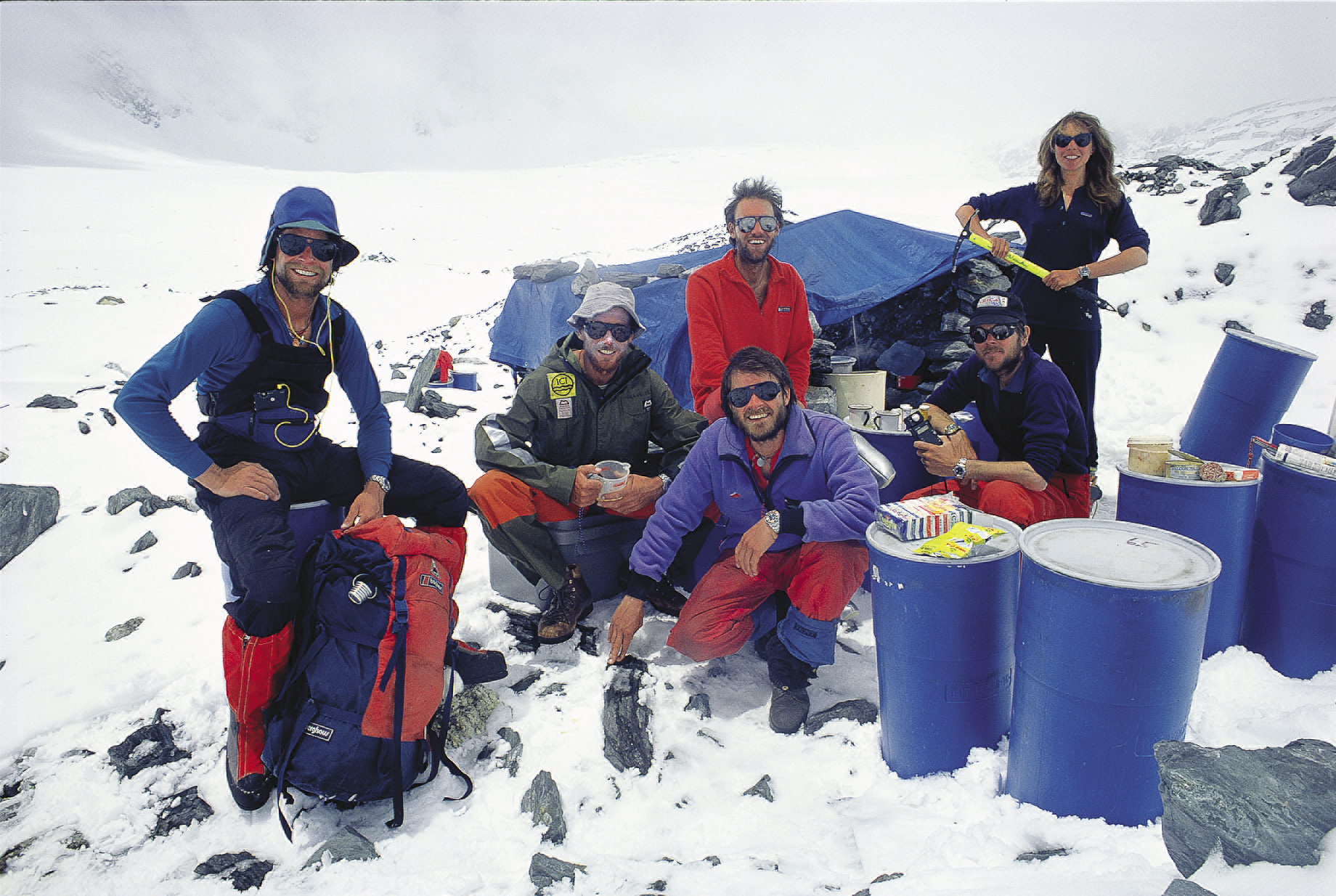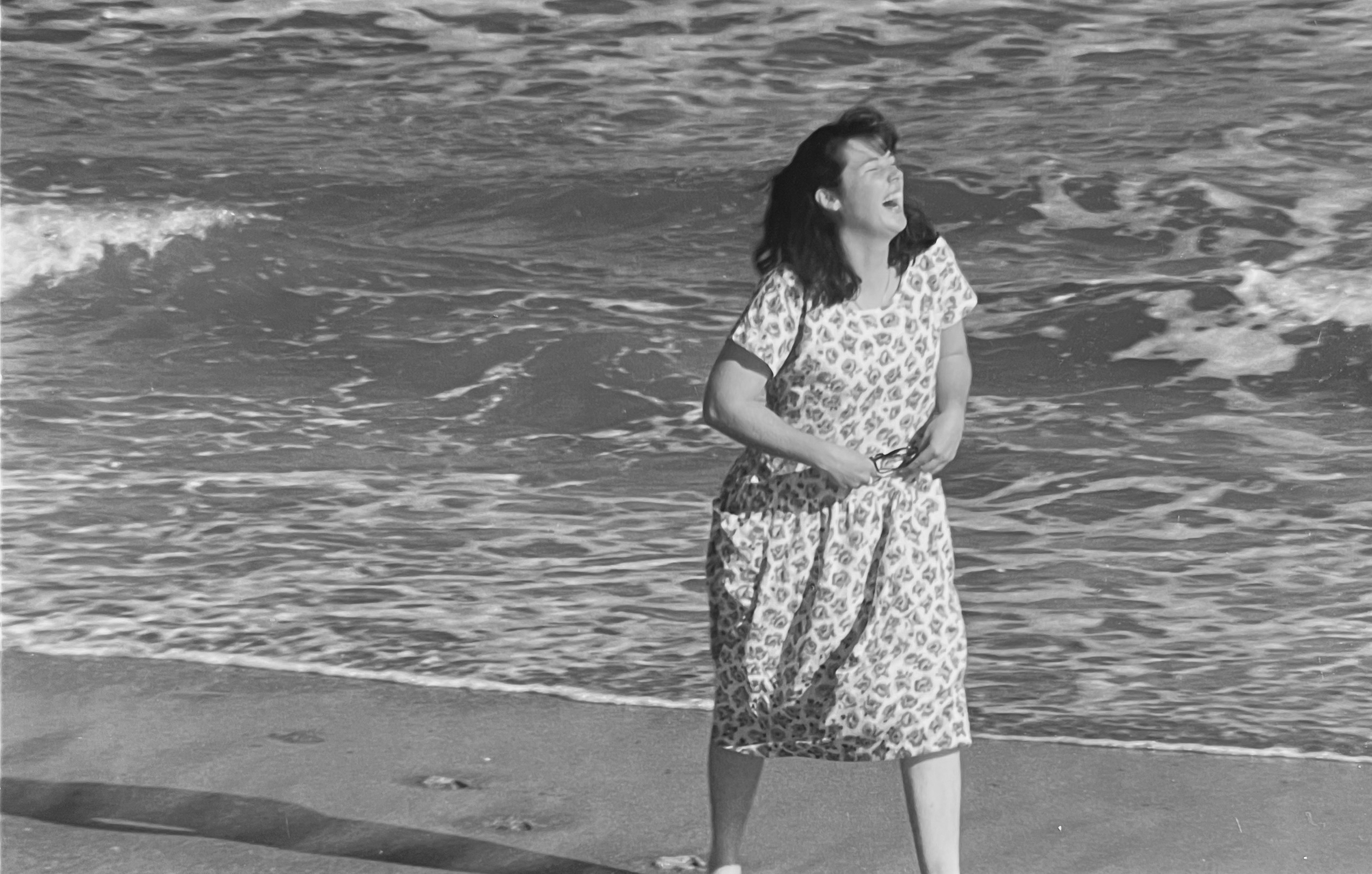
For many of us growing up in the developed world, riding a bike as a youngster was an activity we did for fun with our friends and family, and it was an integral part of our upbringing. For a group of young girls in Colombia, the opportunity to ride and own a bike is directly linked to their chance at freedom, education, safety and a future safe from violence. That is exactly why activist Natalia Espitia created her non-profit called Niñas sin Miedo, which translates to Girls Without Fear.
As described in an interview with Women’s Media Center, bike-riding became a “form of therapy” for Natalia after surviving an attempted sexual assault in Buenos Aires in 2013. It allowed her to feel more independent and safe in public spaces, and realized how it could also empower many other girls in the same situation. She launched Niñas sin Miedo in March of 2016 as a human rights organization that educates girls about sexual and gender violence through workshops and classes, in order to prevent teen pregnancy rates and reduce assault.
The organization teaches girls to ride bikes as a group activity to promote community and build awareness about the issues and empower them to feel safe in public spaces.
“I made the decision that the bike would do girls good as it did with me…You need mental balance to ride the bike…the bicycle has allowed women to feel independent and mobilized,” said Natalia.

As shared in a blog post on the website about her founding story, Natalia says the idea to incorporate bikes came from a comment made by a former boss who scolded her one day about being insecure. His advice was to “stop crying and learn to ride a bicycle”. She isn’t sure whether he meant it literally, but that is exactly what she did at a free bike-riding class with her mom.
“It was an exercise of connecting the mind with the body, of thinking that you will not fall. In short, pedaling without help was a simple and great act of security, as if you took a pill that produces confidence. I was injured in a fall. The situation was presented so that I would give up, but I continued. I could do it after a lot of effort!” she said.
This new experience made her think of how a vulnerable girl could benefit from such an activity, and how she could help others.
“I thought about education tools to prevent teenage pregnancy and gender violence. I discovered that in Cambodia there are initiatives of girls who go to school by bike, to prevent sexual violence and to develop safety,” she said.
She decided to base Niñas sin Miedo in a city called Soacha just outside of Bogota, where 40 percent of the residents are Colombians from other parts of the country who were forced to flee their homes, according to the UN High Commissioner for Refugees. Every day, 21 girls in Colombia are sexually abused, according to Niñas sin Miedo. They started with 11 girls in 2016 between 8 and 15 years, today they have 30 girls enrolled in the program.

On October 1st in the lead-up to the UN’s International Day of the Girl celebrations, Niñas sin Miedo organized its first major bike marathon on Bogota which saw 100 participants led by young girls in pink t-shirts. Thanks to various awards and donations from bigger organizations, Niñas sin Miedo plan to continue expanding their reach to impact more young girls across Colombia.
Due to ongoing political strife from a number of groups and the government, there are millions of displaced Colombians around the country, increasing violence and crime as well as unemployment rates. For young girls it means becoming some of the most vulnerable victims of this type of environment, where the prospect of escaping poverty can be difficult.
In Soacha, dirt roads and open sewers only add to the abysmal conditions youth are forced to grow up in. The organization says at least 20% of the population are girls under the age of 14, which means they area demographic worth investing in.
“We discovered that there are two main issues here: sexual abuse and teenage pregnancy,” said Natalia.
Through the workshops and resources offered by Niñas sin Miedo the young participants are more aware of gender discrimination, violence, reproductive health and safety.

“Girls have improved their critical thinking in terms of gender violence and sexual violence. They know they can be discriminated [against] for their gender or for having their period,” said Natalia.
On their website Niñas sin Miedo says they are committed to making their work count toward the UN’s Sustainable Development Goals, specifically goal number 5 focused on gender equality. We are at a point in our global history where there is an increased amount of knowledge around economic stability and poverty alleviation through the empowerment of girls and women especially.
And it is grassroots organizations like Niñas sin Miedo, launched by passionate activists like Natalia Espitia with unique and creative ways to engage communities such as bike-riding who are going to make that goal a reality. As she outlines on the website, the org knows full well the value of uplifting girls and breaking cycles of inequality.
“With them we have learned that the world needs to invest resources in the education and empowerment of girls and adolescents, we have learned that they are a human capital that we can leverage through our work,” she said.
To learn more about Niñas sin Miedo, donate a bicycle, or sponsor a girl to participate in the various programs and workshops, visit the website.

















